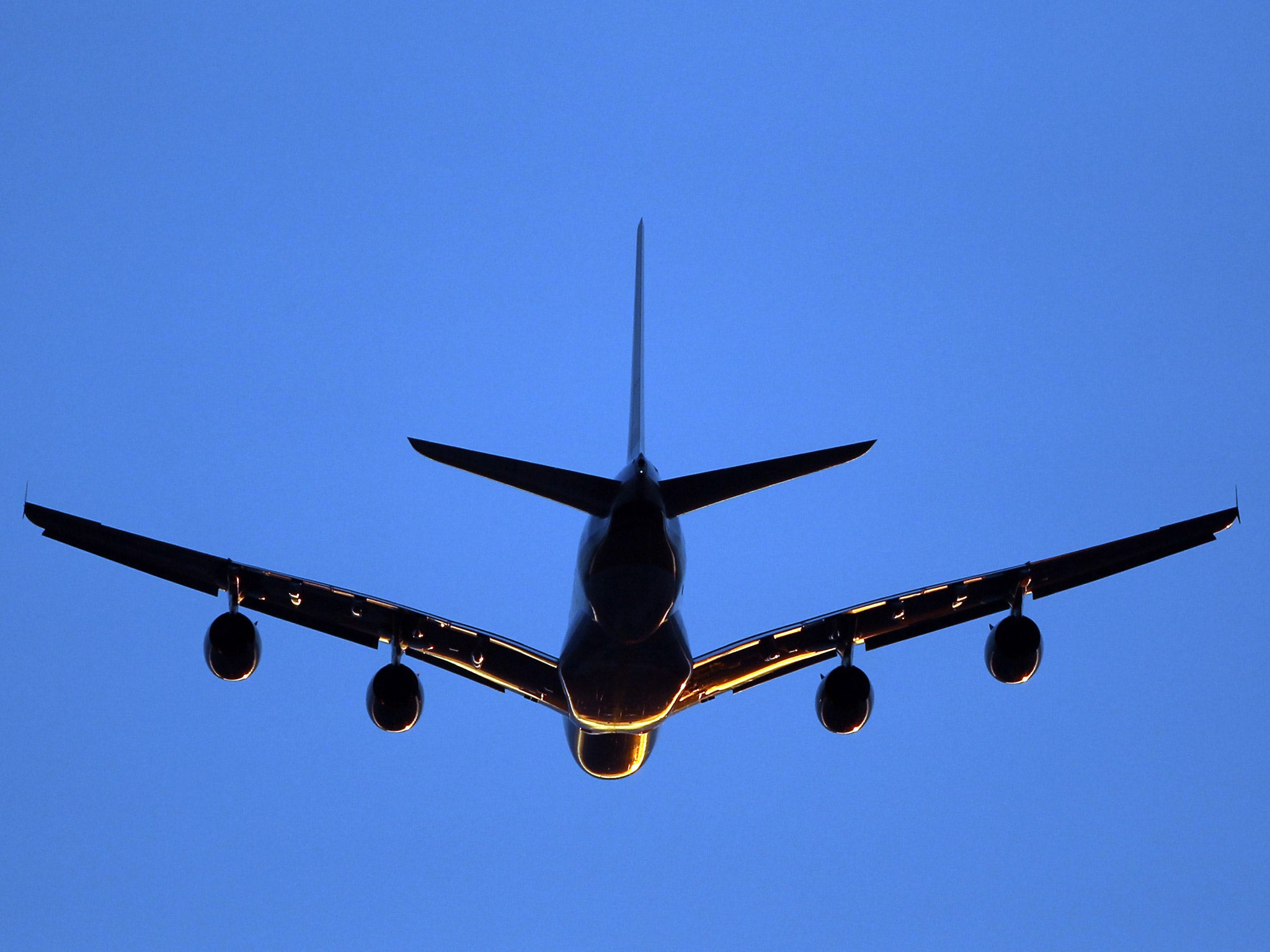Budget 2014: Britain’s tax on airline travellers is set to fall in 2015 - but only for long-haul flights

Britain’s tax on airline travellers is set to fall – but not for another year, and only for really long flights. The Chancellor has announced the scrapping of the highest rates of Air Passenger Duty for flights from the UK. But increases already in the pipeline for next month will go ahead, and the majority of airline passengers will see no benefit.
Air Passenger Duty (APD) was introduced 20 years ago by the previous Conservative chancellor, Kenneth Clarke. Since then it has outstripped inflation, with long-haul travellers especially hard hit. From 1 April, APD for flights to the North America rises by £2 to £69; to the Caribbean, India and much of Africa, it increases by the same amount to £85; and for the Far East, Australia and most of South America it will go up by £3 to £97.
Mr Osborne said APD for all economy flights over £2,000 will be set at £71 from April 2015. He said the tax cut for long-haul travellers would help British businesses strengthen links with high-growth markets, and “make the UK an attractive option for business visitors and tourists”.
The move will also meet approval from communities in the UK with ethnic ties to the Caribbean and south Asia, two of the regions that will benefit.
The travel industry gave the news a grudging welcome. The Board of Airline Representatives in the UK, which speaks for both British and foreign carriers, called it “a step in the right direction”. The chief executive, Dale Keller, said: “The government has finally acknowledged what the industry and business knew all along – that the highest rates of aviation tax in the world were a brake on driving the UK’s economic growth with emerging markets.”
Mark Tanzer, chief executive for Abta, described it as “a first step in the reform of this damaging tax”. He estimates that the move will save passengers over £200 million annually.
Hugo Burge, who runs the Cheapflights and Momondo travel sites, said: “We think it will drive some traffic to the Caribbean, when the changes are introduced in April next year, but in reality it’s a minor concession driven by embarrassment.”
Short-haul travellers on scheduled and charter flights are unaffected; APD stays at £13 for each flight from a UK airport, or £26 for a domestic round trip.
Michael O’Leary, chief executive of Ryanair, told The Independent that the principle of the tax was wrong: “It should be in proportionate to fares. Passengers on BA would pay much more, Ryanair passengers would pay much less.”
The rates applying to private jets will soar, with passengers paying six times the economy class APD. On European flights, the charge will be £78 per passenger, while for transatlantic trips the rate will be £426.
Ryanair has announced a sharp increase in the number of flights to European capitals from Stansted next winter. Europe’s biggest low-cost airline will fly from the Essex airport twice-daily to Athens and Berlin, and three times a day to Budapest, Lisbon and Madrid.
Subscribe to Independent Premium to bookmark this article
Want to bookmark your favourite articles and stories to read or reference later? Start your Independent Premium subscription today.

Join our commenting forum
Join thought-provoking conversations, follow other Independent readers and see their replies